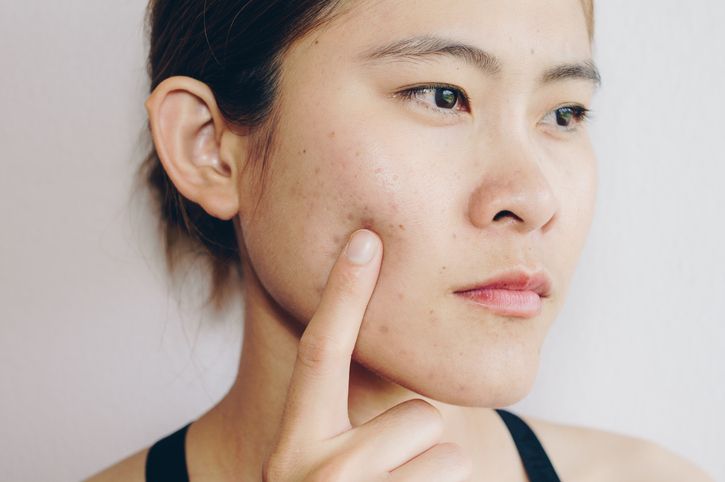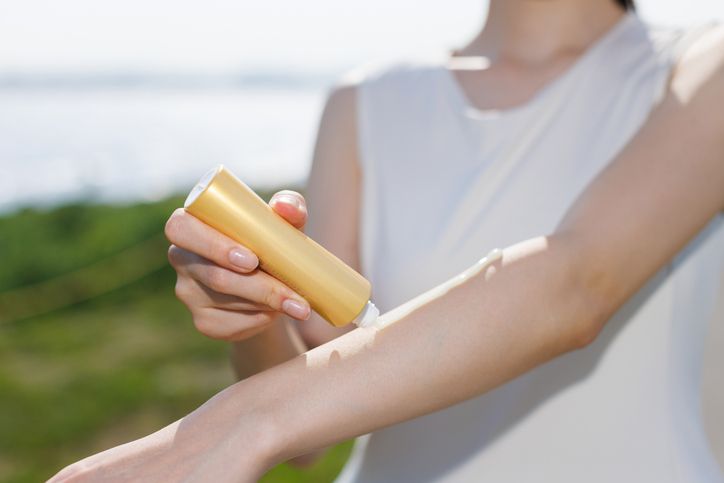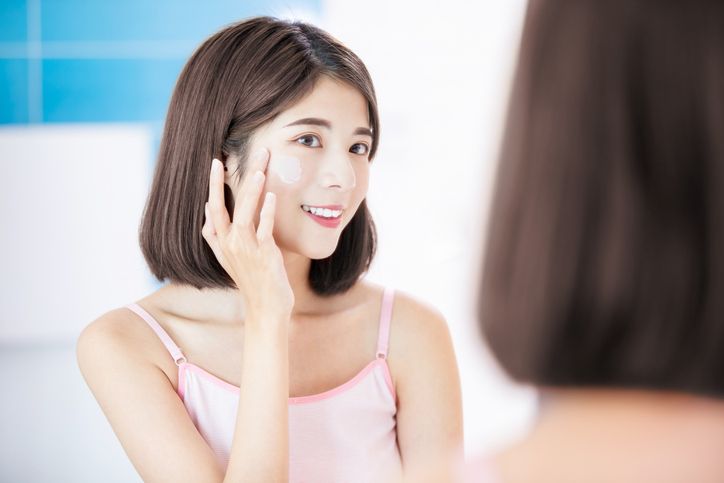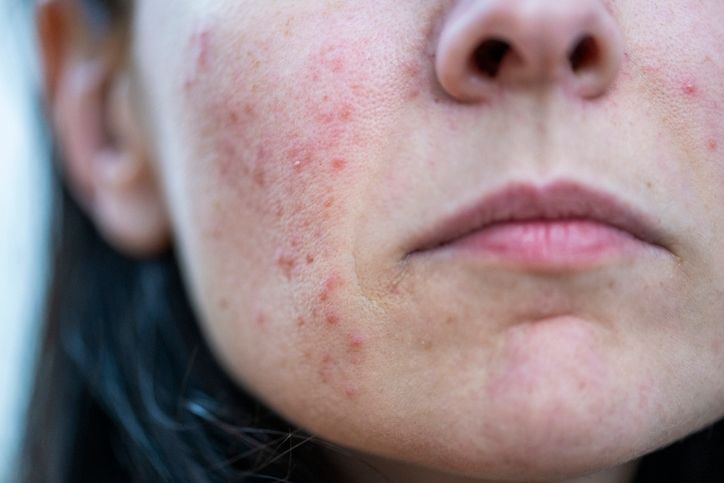
Book Now to Experience
Acne Treatment
1 Minute Self-Registration
Date should not be before minimal date
Author: Natalie Ng|23 April 2025
Uneven skin tone and blotchy skin are common issues that affect people of all skin types. The skin can react to a lot—sun exposure, stress, heat, certain health conditions, or even skincare products. In many cases, blotchiness and uneven patches may be a sign of irritation, inflamed blood vessels, or pigment changes caused by conditions such as eczema, contact dermatitis, or tinea versicolor. It can also be triggered by factors like birth control pills, weather changes, and even alcohol flush syndrome. Blotchiness can be caused by many things, so if you’ve tried the basics and haven’t seen results, there are stronger treatment options available. Dermatologists often suggest treatments like chemical peels or laser therapy for more persistent cases. This article breaks it all down clearly—what causes blotchy skin, how to treat it, and when it’s time to see a healthcare provider. Keep reading for expert advice and simple steps that can help improve your skin’s appearance.

1
Common Causes of Uneven Skin Tone

Sun Exposure
Hormonal Changes
Skin Conditions
Eczema and Atopic Dermatitis
Heat Rash
Contact Dermatitis
Environmental Stress
Genetics


2
Essential Daily Skincare Habits for Even-Toned Skin

Start With a Gentle Cleanser
Use Sunscreen Every Morning
Add Brightening Ingredients
Gently Exfoliate 2–3 Times a Week
Don’t Skip Nighttime Care
Read More

3
Key Ingredients That Target Skin Discoloration

Vitamin C
Niacinamide
Kojic Acid
Alpha Arbutin
Retinoids
Azelaic Acid
Glycolic Acid


4
Sun Protection Strategies for Preventing Blotchiness

Use a Broad-Spectrum Sunscreen Daily
Reapply Every Two Hours
Cover Up with Clothing
Avoid Peak Sun Hours

Book Now to Experience
Acne Treatment
1 Minute Self-Registration
Date should not be before minimal date

5
Professional Treatment Options Worth Considering

How Acne Can Lead to Blotchy Skin
How The Acne Treatment Helps
Benefits of The Acne Treatment
How Many Sessions Are Needed?


6
Maintaining Results and Preventing Future Blotchiness

Stick to a Gentle, Consistent Routine
Keep Using SPF
Watch for Irritation
Manage Triggers
Regular Check-Ins
FAQ
How Long Does It Typically Take to See Results From Skin-Evening Treatments?
Results from skin-evening treatments typically vary depending on the specific concern and treatment type. You'll notice initial improvements within 4-8 weeks for over-the-counter products targeting hyperpigmentation or uneven tone. Prescription treatments might show results in 2-4 weeks. For ideal outcomes, you'll need consistent use for 3-6 months, as skin cell turnover cycles take about 28 days to complete. Sun protection is essential during treatment.
Can Pregnancy or Birth Control Pills Cause Uneven Skin Pigmentation?
Yes, both pregnancy and birth control pills can substantially affect your skin's pigmentation through hormonal changes. During pregnancy, you might develop melasma (dark patches) due to increased estrogen and progesterone levels, particularly on your face. Birth control pills can trigger similar effects since they alter your hormone levels. These changes often appear as brown or grayish patches on your cheeks, forehead, and upper lip. While temporary, they can persist post-pregnancy or after stopping birth control.
Is Uneven Skin Tone Hereditary, and Does Genetics Play a Significant Role?
Studies show that up to 80% of skin pigmentation variations can be attributed to genetic factors. Your skin tone is largely determined by your genes, which influence melanin production and distribution. You've inherited these traits from your family tree, but genetics isn't the only player - environmental factors, hormones, and sun exposure also affect your skin's appearance. That's why even identical twins can develop different pigmentation patterns over time.
Can Certain Foods or Supplements Help Improve Skin Tone From Within?
Yes, specific nutrients can substantially improve your skin tone internally. 1) Consume foods rich in antioxidants like berries, leafy greens, and citrus fruits to fight skin damage. 2) Include omega-3 fatty acids from fish and nuts to reduce inflammation. 3) Take vitamin C and E supplements to boost collagen production. 4) Add zinc-rich foods like pumpkin seeds and legumes to support skin cell regeneration and healing.
Does Drinking Alcohol or Smoking Affect Skin Tone and Pigmentation Issues?
Both alcohol and smoking substantially impact your skin tone by damaging blood vessels, depleting essential nutrients, and triggering inflammation. When you smoke, you're exposing your skin to over 7,000 chemicals, while alcohol dehydrates your cells and increases redness. These habits accelerate aging and can create permanent discoloration that's difficult to reverse.

Book Now to Experience
Acne Treatment
1 Minute Self-Registration
Date should not be before minimal date
Recommended Articles
COPYRIGHT© NEW BEAUTY MANAGEMENT LIMITED 2026. ALL RIGHT RESERVED.




